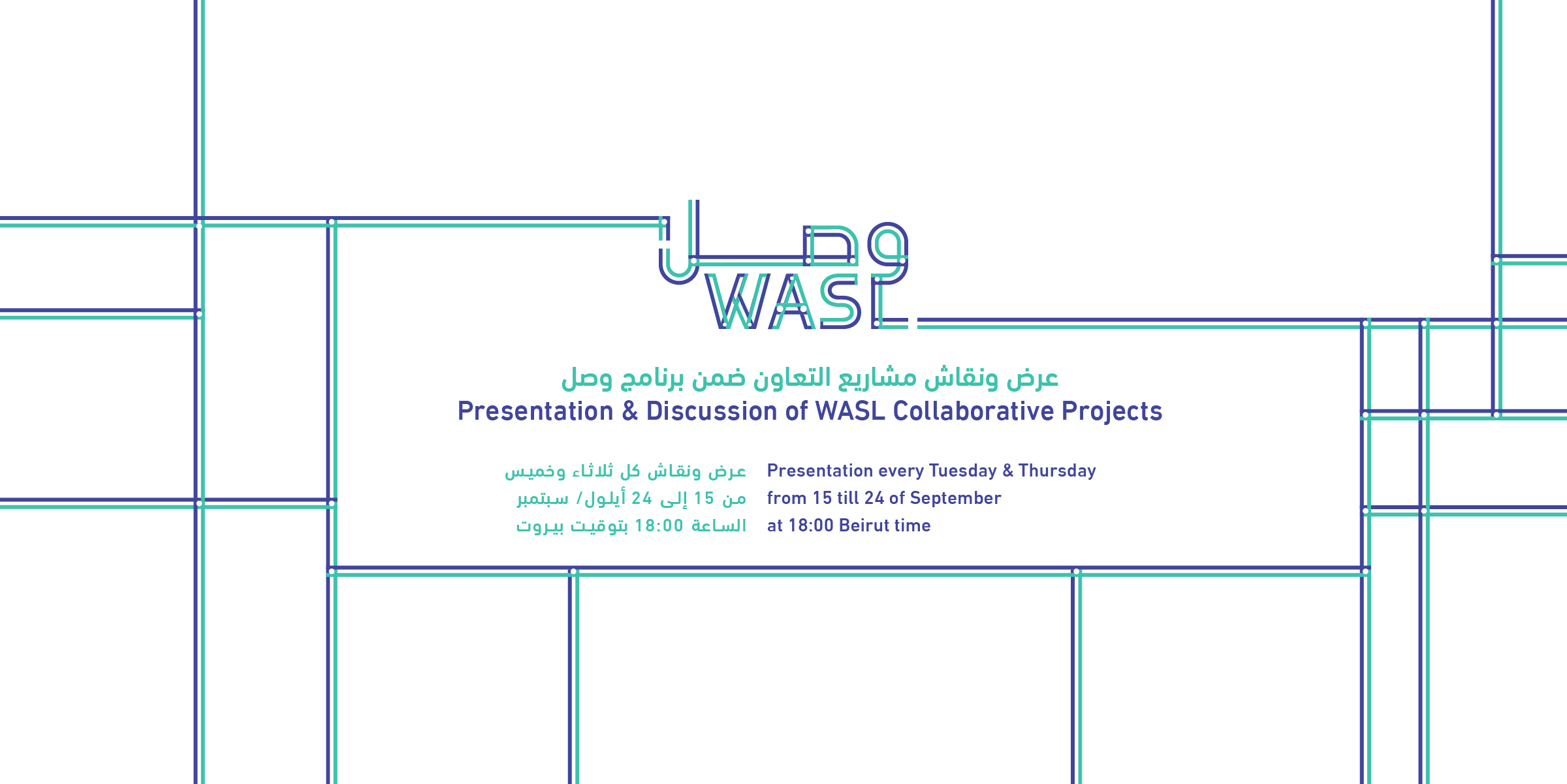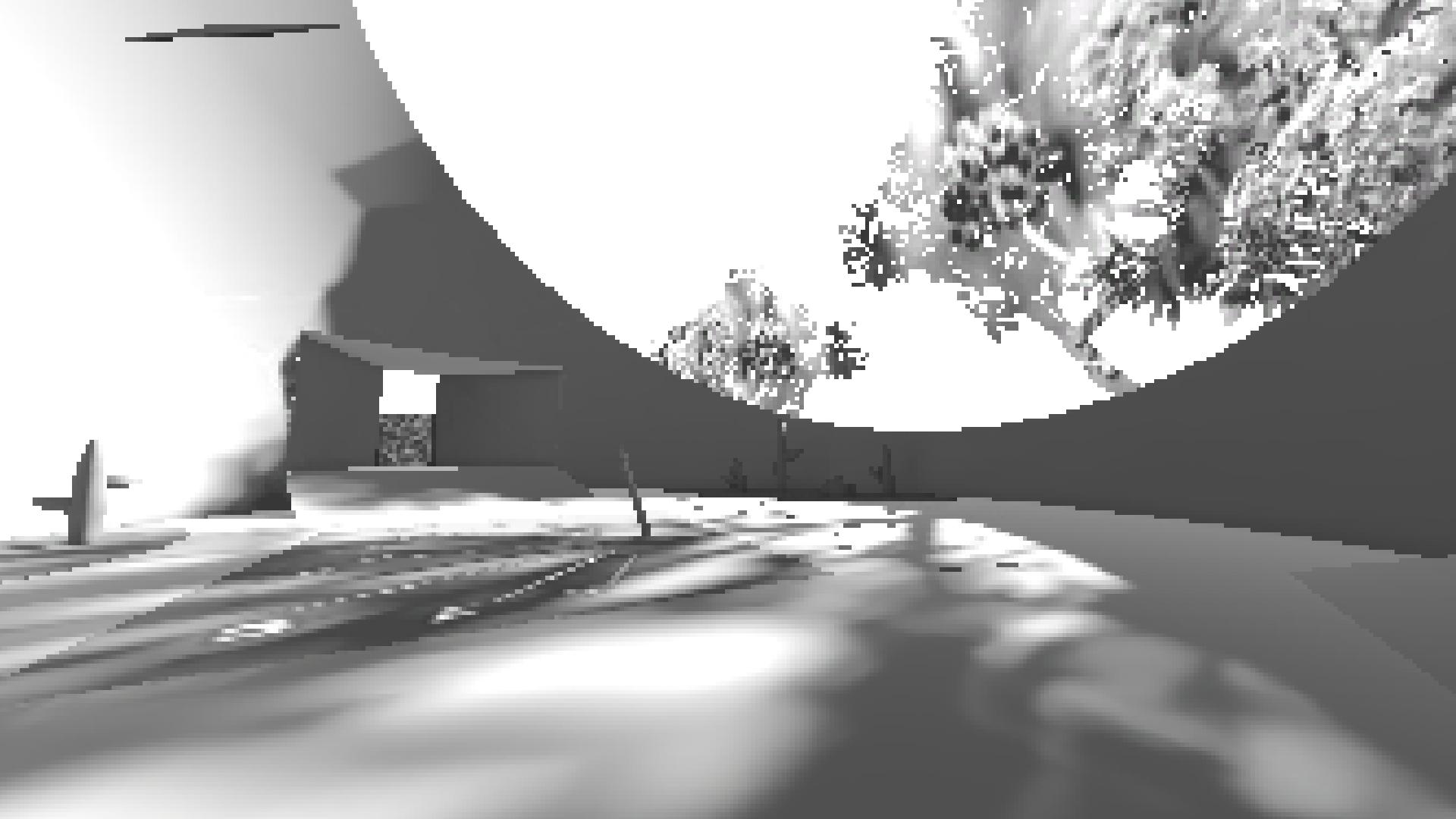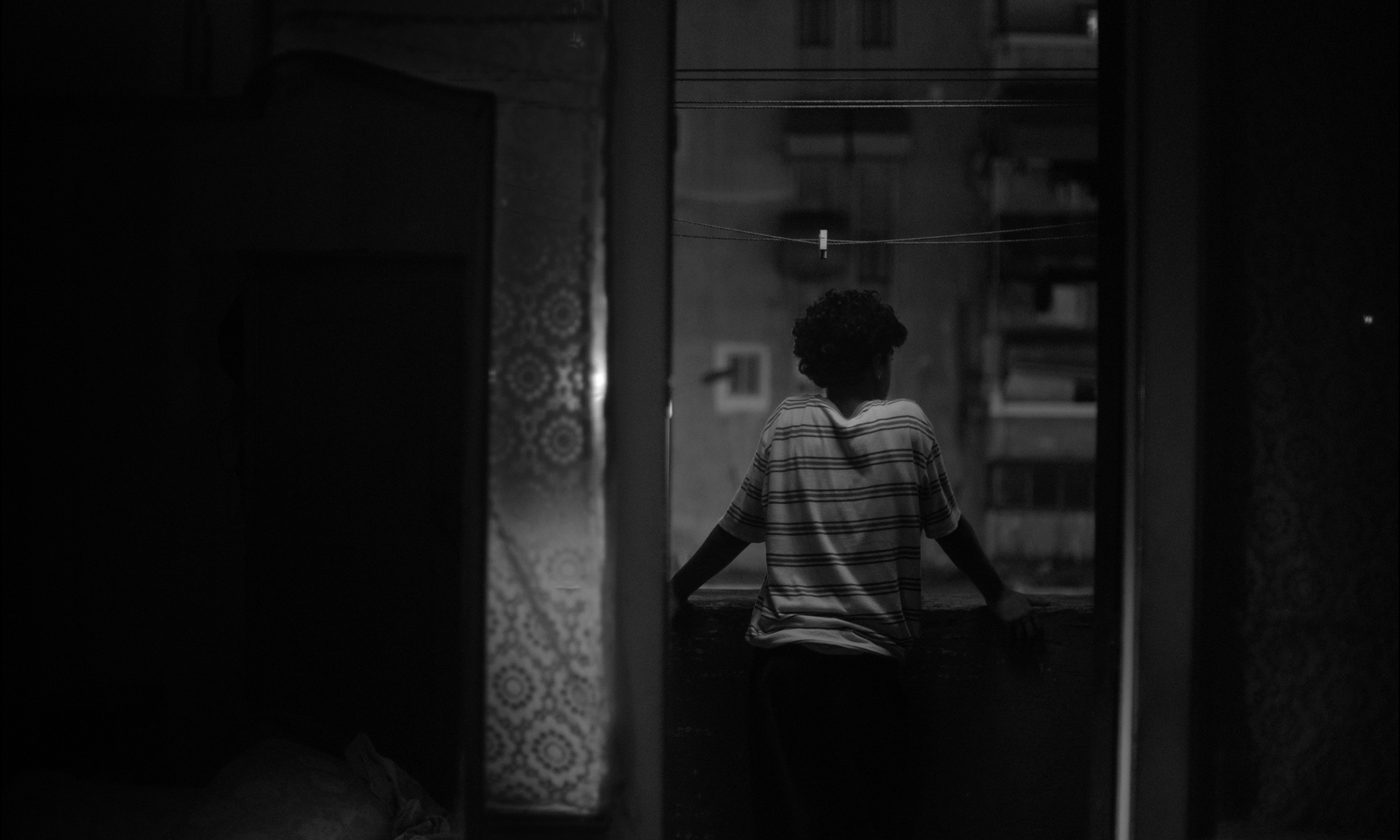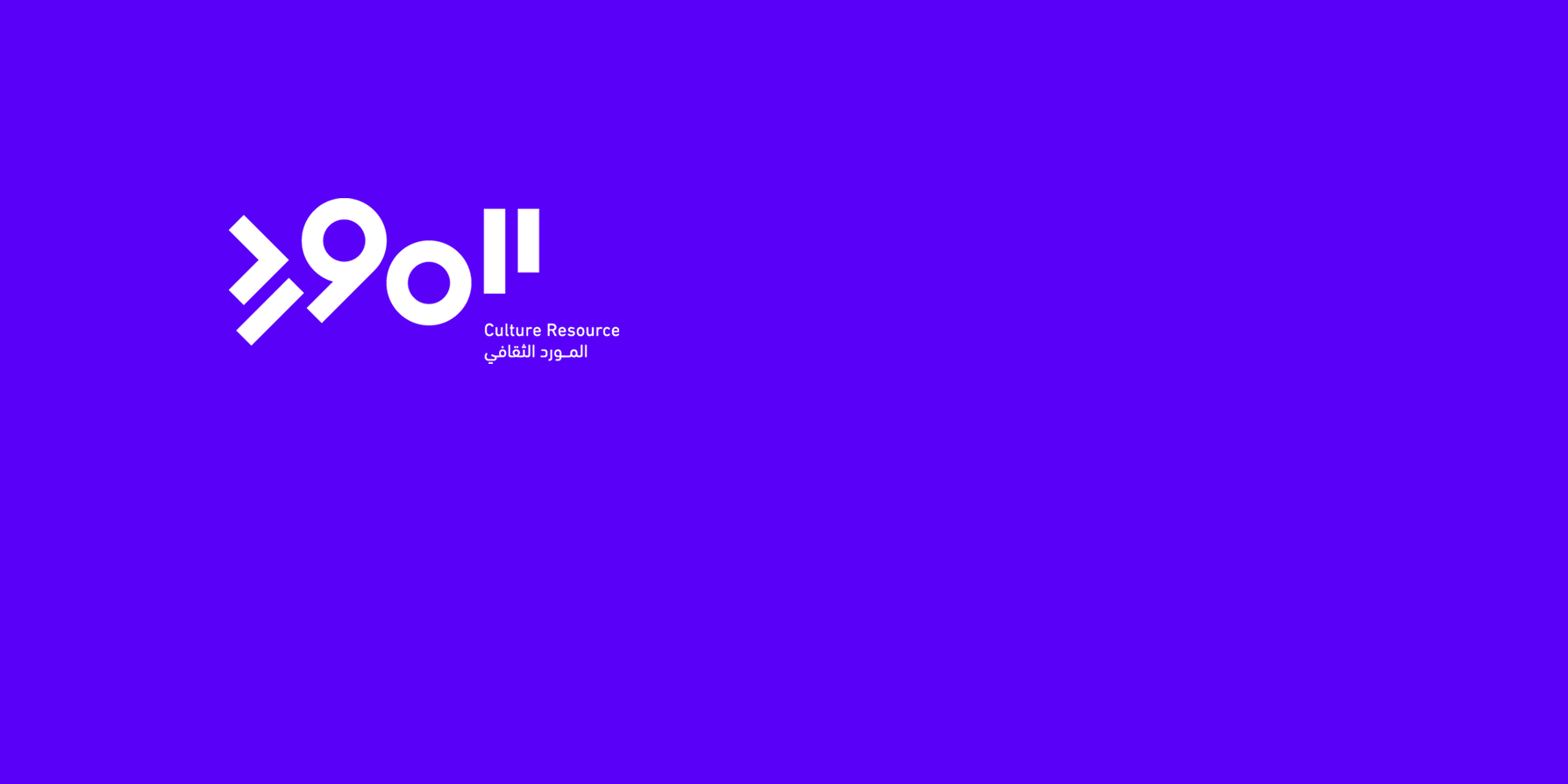Culture Resource invites you to attend the presentation and discussion sessions on the collaborative projects carried out by the participant organizations in the pilot edition of the Wasl program. The sessions will be streamed live online on Tuesdays and Thursdays from 15 to 24 September 2020 at 18:00 Beirut time, on Culture Resource’s YouTube channel
During the sessions, which will be conducted in Arabic, we invite you to put questions to the participants in the comments section and they will discuss them after their presentations.
Session 1: The Fear Myths
Tuesday 15 September
Participants: Sara Masri, Mazg Foundation (Cairo, Egypt) and Seif Nechi, Soubia (Tunis, Tunisia).
Summary: A review of the practical steps the two organizations took to carry out their collaboration. The discussion will include a presentation of parts of the final product of this collaboration: an illustrated book called The Fear Myths.
About the project: Myths and folktales are often designed to scare children and instill messages that compel them to heed their mother’s or grandmother’s admonitions which are intended to restrain children’s spirit of adventure for fear the possible suffering or danger this might cause them, despite the fact that adventures may often bring pleasure, learning experiences and travels full of surprises and magic. The project aims to deconstruct and analyze the stories, study how they are used in Egypt and Tunisia today, and examine how myths and folktales are transmitted from one place to the other and continue to affect the collective consciousness across the ages.
Session 2: The Dabkeh and Life skills
Thursday 17 September
Participants: Anas Abu Oun, El-Funoun Dance Troupe (Ramallah, Palestine) and Ruba Al-Souri, Wa’ad Youth Organization (Amman, Jordan).
Guest participants: Rana Taher and Kamel Al Nabulsi, Tammey for Youth Development (Amman, Jordan).
Summary: The presentation will cover aspects of the collaboration, including the challenges the team faced in the course of carrying out their project. There will also be a video of the workshops the team organized as part of their project.
About the project: The collaboration aimed to develop a joint program based on research and dialogue between Palestinian and Jordanian organizations with a primary focus on forming a Dabkeh dance troupe that combines the spirits of authenticity, modernity, creativity and connectivity with contemporary issues, and creating a team of trainers to ensure the sustainability of the project. In the process, the project focused on the Dabkeh dancer as an individual who has an impact on his/her environment and community both as a conveyor of cultural identity through the Dabkeh and as a contributor to the development of others’ personal and life skills, cognitive skills and cultural consciousness.
Session 3: Unlimited
Tuesday 22 September
Presentation title: Peace Parades
Participants: Reem Al-Khatib, Open Arts Space (Damascus, Syria) and Mosab Hassouna and Mohammad Munaf, Filmmaking for Children Initiative (Khartoum, Sudan)
Summary: A discussion of the various phases and challenges in an experience of cooperation and exchange between Syria and Sudan. The video “Peace Parades”, produced in both Syria and Sudan and a video on the collaboration experience, will be screened during the presentation.
About the project: A visual cultural dialogue and artistic capacities-building project based on the concept of the image in its fullest sense. The aim is to give the participants (artists, children and young people) from different backgrounds in Syria and Sudan the opportunity to express themselves and their identities through art. Contemporary arts serve as a medium for developing the artistic skills of the participants in filmmaking, and comics.
Session 4: Return Path
Thursday 24 September
Presentation title: Return Path: North-South Culture
Participants: Abdel Aziz Abdel Rahman Murfaq, Basement Cultural Foundation (Sana’a, Yemen) and Aisha Ali Al-Juaidy, Takween Cultural Club (Hadhramaut, Yemen)
Guest participant: Shaima Jamal, Executive Director, Basement
Summary: A discussion of the stages involved in designing a cultural policy paper and the most significant results that emerged while working on it. The discussion will also address the state of culture in Yemen.
About the project: Return Path is a collaborative project that tackles the impact of the political crisis and conflicts on the cultural context in Yemen by working with artists and cultural actors in two cities: Sana’a and Mukalla. The project aims to revisit the cultural experience in Yemen and to reexamine the main issues that affected cultural policies and marginalized culture.
The sessions will be facilitated by Wasl’s program manager Areej Abou Harb.
Wasl program aspires to empower the cultural sector in the Arab region and to build bonds between cultural organizations across this region. Towards these ends, it promotes networking between independent cultural organizations, strengthens the culture of collaboration and mutual learning by supporting collaborative projects between them, and organizes training workshops that engage the principles and methods of“peer learning”with an eye to generating a critical and effective cultural force.





